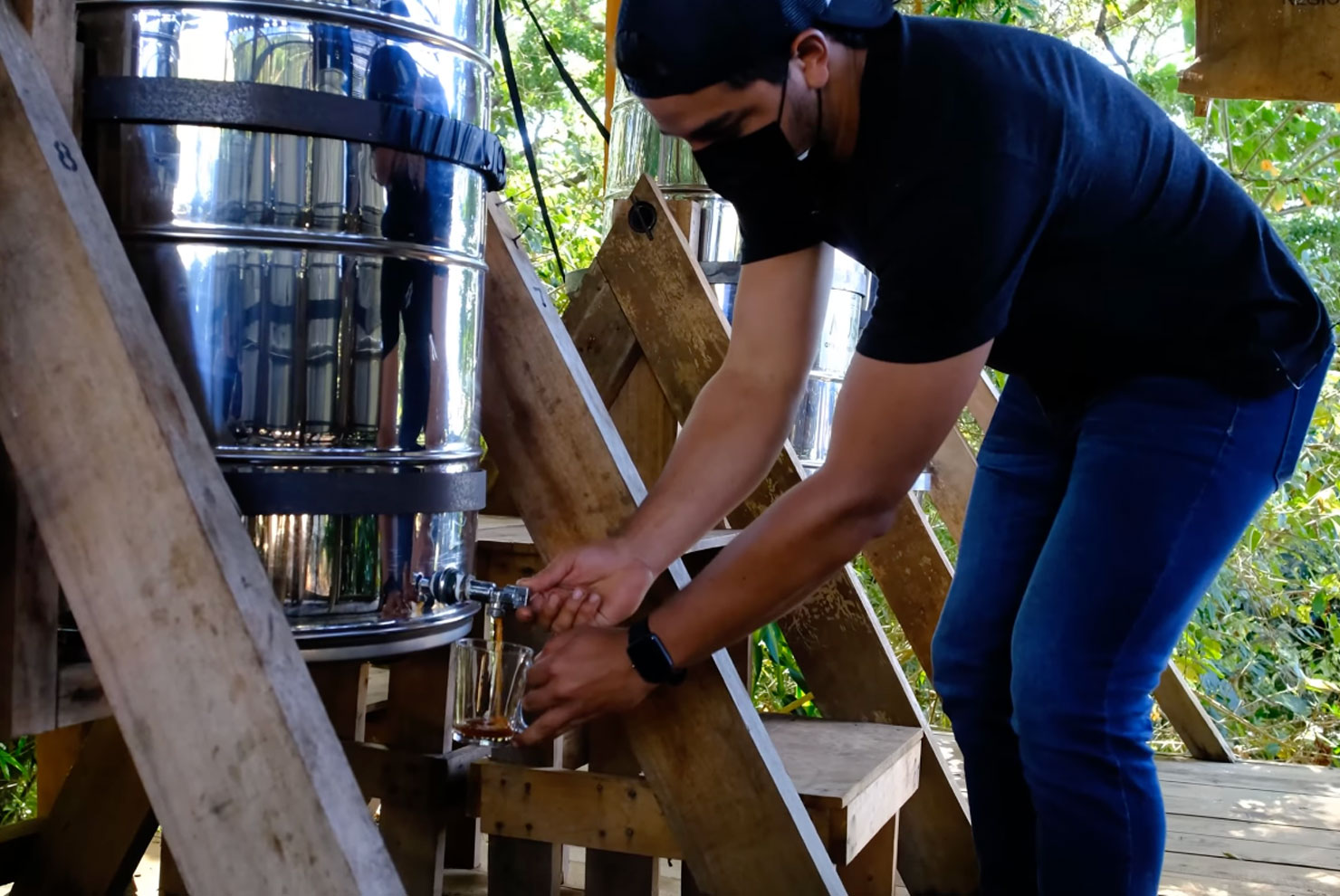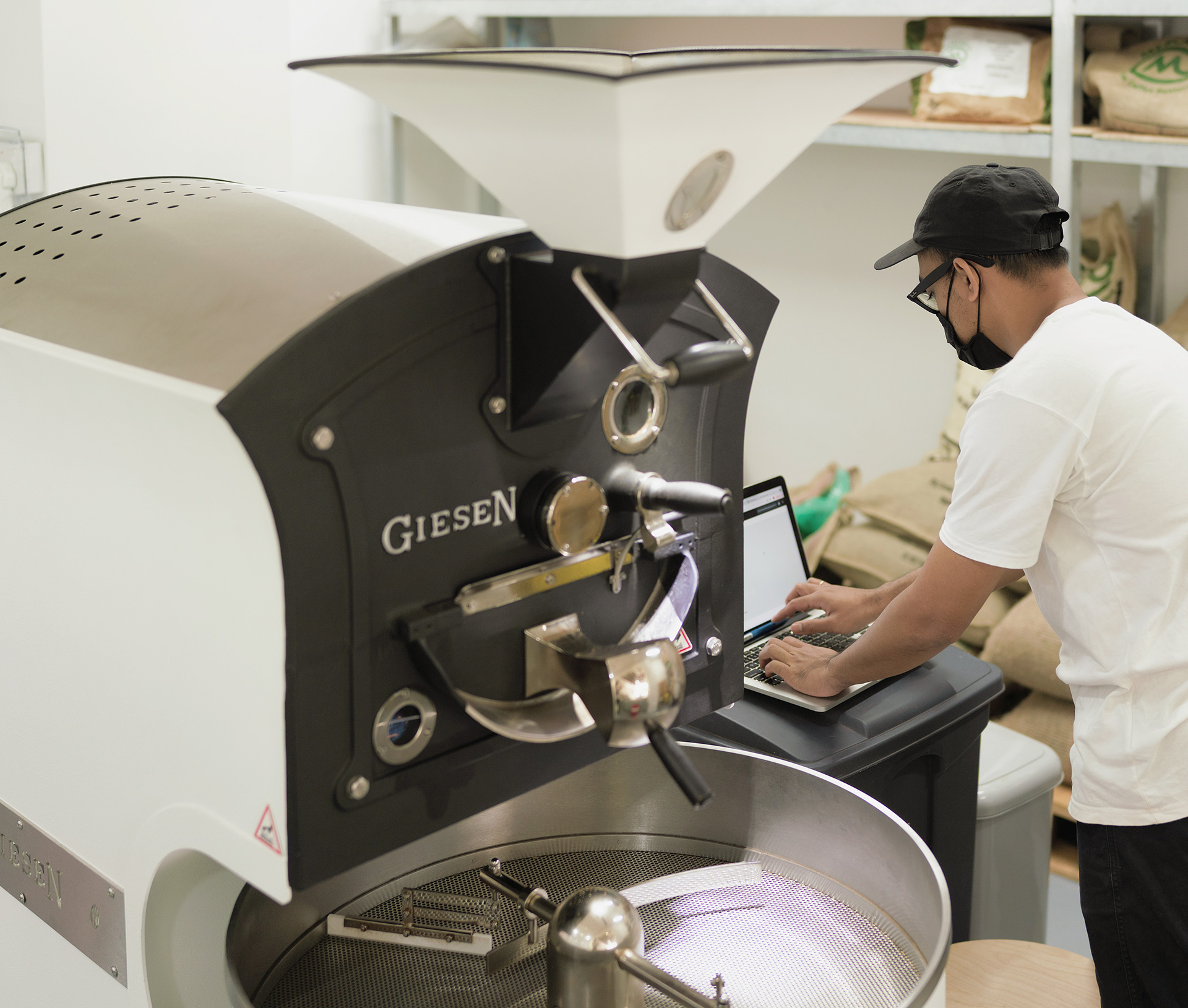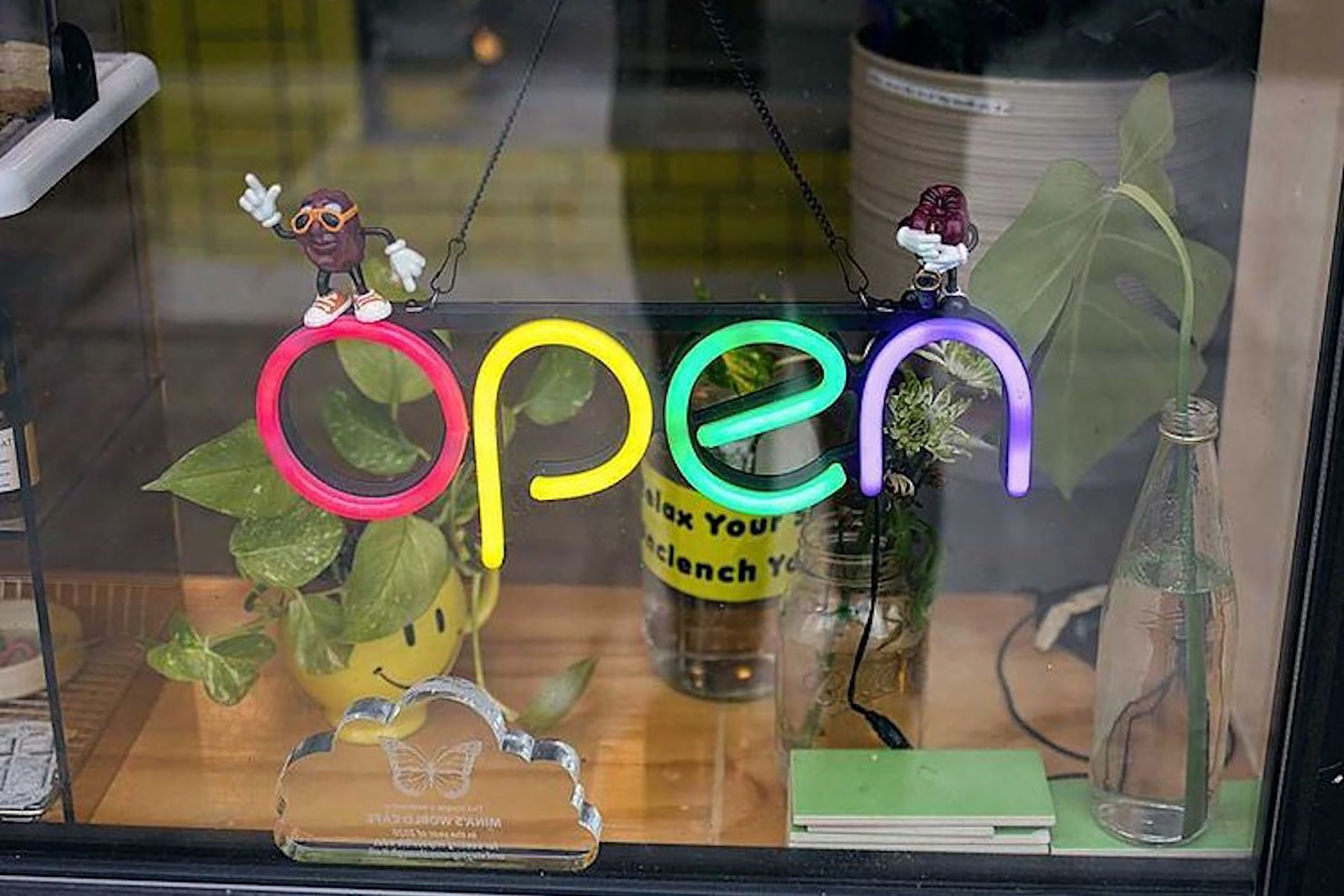
Employee retention is good for business. While not all employers look at the costs of turnover in their organizations, leading HR group the Society for Human Resource Management (SHRM) estimated that the loss of a salaried employee can cost a business an average of four to nine months of that employee’s salary. Other estimates put that cost even higher, and those costs get steeper and steeper the more highly placed an employee is in an organization. High employee turnover can also create a vicious cycle of burnout of remaining staff and further turnover, which can place tremendous social and financial strain on businesses.
While retention is crucial to employers’ well-being, there’s a growing body of evidence that shows that staying with a company isn’t always in workers’ best interests—and, in fact, can be just the opposite. There are real drawbacks to unconditional employee loyalty: fiscal costs, professional costs, and emotional costs.
Salary and Benefits
According to a 2014 article in Forbes, employees who stayed in their jobs for more than two years could expect to make 50% less over their lifetimes. Specifically, employees could expect an average yearly raise of 3%; on the other hand, employees who leave for new positions receive an average raise of 10-20%.
Tom Baker, who has worked in coffee for 15 years and held a variety of positions from cafe manager to wholesale trainer, now coordinates operations for in-house cafes and event spaces within the Salesforce corporation. With his tenure in the coffee industry, Baker sees these numbers as a very real reason to be discerning about how long you should stay with a given company. “In food service, most employers don’t offer a pension plan, and wages or salaries for entry and mid-level positions are so low that workers can’t set aside much to contribution plans even if they’re available. If the goal is to get with a company that I can stay with for a long time—one that will take care of me now and after I retire—it might be a long road to get there. That said, I probably don’t want to spend more time than I need to at any stop along the way.”
Baker adds that given the raise workers can get from having the chance to negotiate a new base salary with a different company, if workers aren’t making what they need to meet their goals, “staying with their employer is not going to get them there.”
Typically, the best avenue to significantly increase wages and professional growth without moving companies is through getting promotions, which can remain elusive for a variety of reasons. Rob Rodriguez, head roaster at George Howell Coffee, points out that not only are many companies unable to offer those opportunities because of their structures, it’s also harder for people of color and people from other marginalized groups to access them. “In the past, I’ve had to take a backseat to cisgender white coworkers when it came to promotions,” Rodriguez says. Because of the well-documented barriers to mobility people of color face, Rodriguez points out that leaving is often a more effective way to move up professionally than waiting in line for scarce promotions.
In addition, different workers have different needs benefits-wise in order to achieve long-term stability. For instance, employees who want to have children may be unable to if their company isn’t flexible on developing parental leave programs for longer-term employees, or employees with certain medical needs may need to find jobs that meet their specific healthcare needs, and so on.
Professional and Personal Growth
While the fiscal impacts of long-term employment within a company are significant, most of the coffee workers I interviewed for this piece placed professional growth above pay as the biggest reason to leave one’s job.
Barista Guild Executive Council member Adam JacksonBey (who’s worked at DC cafe The Potter’s House for two years now) feels that baristas sometimes benefit from changing jobs even if they aren’t moving up and to the right in terms of position. “I personally think you become a much better barista even after changing jobs once. In general, you learn a different way of doing the thing you’ve been doing for however long you’ve been doing it. Being in a new environment challenges or reinforces what you’ve learned before and makes you adapt.”
Equator Coffees’ Specialty Sales and Account Manager Mark Dias feels that not only is this kind of growth important for individuals as professionals, it’s actually helpful to companies as well. “One benefit of moving from job to job is the ability to see how different companies are structured and how they operate. You’re able to pick up different pieces and adapt better to different work environments in the long term.” This means that organizations that gain a new hire also get an employee who has learned a variety of organizational schema and is better equipped to recognize and solve deep organizational issues that can often be invisible or feel insurmountable from the inside.
Rodriguez points out that stagnation within a position can have negative mental health impacts for both workers themselves and those around them. “It’s a dangerous place to allow yourself to fall into in your professional development, but mainly for your mental health and how it impacts your workplace,” he says—an effect which can devastate productivity and happiness. “You can easily start doubting your own abilities. It can skew your perception of self and the people around you significantly.”
Growing Within Your Organization, or Without It
In what is perhaps an indicator of how much the specialty coffee industry does value employee loyalty, most of the veteran coffee professionals I interviewed for this piece offered advice on how to stay happy and engaged without leaving, even when an employer isn’t necessarily meeting your growth needs; however, they all noted that it’s important to recognize your needs and find happiness and security, even if that does mean leaving.
“Reach out to your community, regional and national, and see if there are outside educational opportunities for you,” JacksonBey encourages. He also recommends talking to friends from other shops, or making some if you don’t yet have any. And, lastly, “talk to your direct manager about how you feel and if there’s anything more you can do.” If all else fails, he encourages workers to move on—but, he says, there’s potentially a lot you can do even within an organization.
“Start seeking avenues of growth elsewhere. Full stop. This doesn’t necessarily mean leaving the company you work for in any way,” says Rodriguez, who himself has found effective growth through moving laterally within companies. “But, if it comes down to it and the place you’re working for doesn’t cut it, then it may be time to seek out employment for a company that can value your work ethic and your drive for self and workplace improvement.”
Retention Matters, and Engagement Does Too
There are many ways employers can provide growth and engagement for employees, and many reasons beyond money and promotions that many workers stay happy in their positions long-term, especially in a passion-driven industry like specialty coffee. By developing a solid retention plan that allows workers to grow, learn, and continue to earn, companies can avoid the lose-lose situation of poor morale or high turnover costs due to a lack of engagement and dissatisfaction. Ultimately, most coffee employees work at will, which means that their contract with their employer lasts as long as both parties decide to continue it. Employers have more power in the equation, but employment is a two-way street, and both parties have an equal right to prioritize their needs.
RJ Joseph (@RJ_Sproseph) is a Sprudge staff writer, publisher of Queer Cup, and coffee professional based in the Bay Area. Read more RJ Joseph on Sprudge Media Network.

























